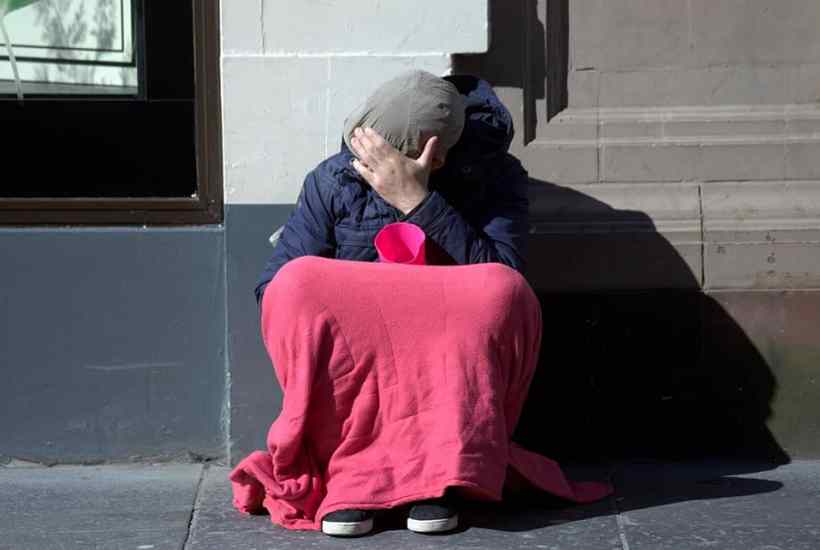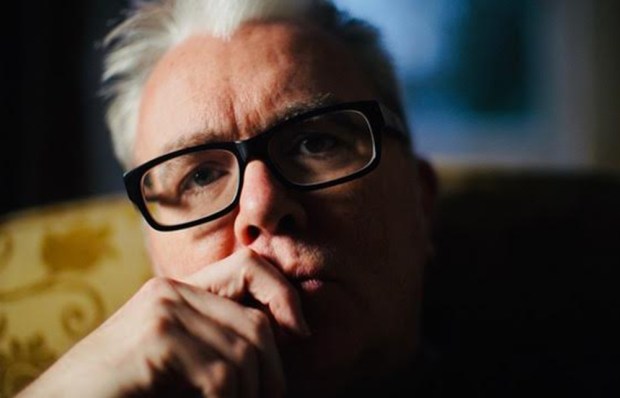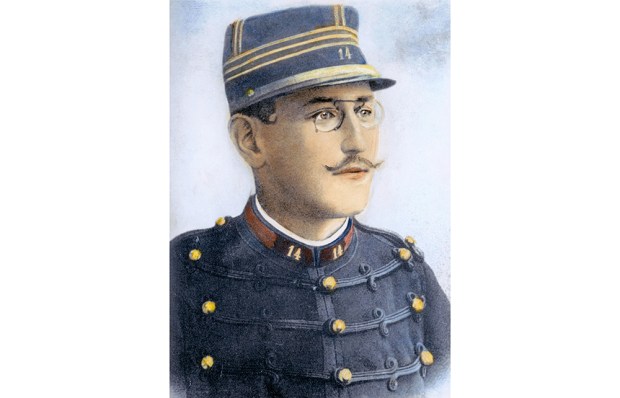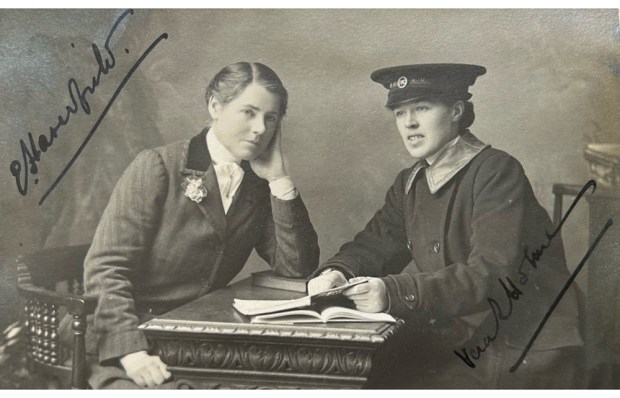What do you do when you pass someone sleeping or begging in the street? I’ll tell you what I do: pretty much the bare minimum to appease my conscience. Pound coins distributed, some names asked for and learned, sandwiches and snacks for those outside supermarkets (Müller Corners and bottles of chocolate milk particular favourites).
After reading this book I realise there is rather a lot more I could be doing. And indeed a lot more others, particularly the government, could be considering. Here is how Christina Lamb describes what Mike Matthews, owner of the historic Prince Rupert Hotel in Shrewsbury, was doing a few years before the pandemic struck:
He couldn’t help remembering… when they had lots of food left over from Christmas lunch at the hotel and it was a particularly cold day, and thinking, This is crazy, all those guys out there in sleeping bags, we should be wrapping the remainder up and giving it to them. But then he thought there was probably an organisation doing that. And if he did do it, the homeless might want to come back and start coming to the hotel all the time. So he had done nothing. He knew better now.
What he had learned is the subject of this book: the year he took the decision, as lockdown began, to open up his hotel to the homeless; to give them, under the ‘Everybody In’ initiative started by the government, rooms and meals; and, as it turned out, much more than that: patience, kindness and a degree of self-respect.
It is a remarkable story, and although it was repeated or echoed throughout the country, Lamb (a foreign correspondent until she found herself unable to go anywhere) was wise to focus on the Prince Rupert. Shrewsbury is one of England’s most picturesque towns, stuffed with ancient buildings, and the hotel is one of them. It has four–poster beds, suits of armour in one of the dining rooms and wooden beams in the bedrooms. Short of moving the homeless into an actual stately home, it represents the biggest imaginable leap from living in a doorway. Rooms can go for £225 a night (and, as Lamb puts it, previous guests have included ‘Margaret Thatcher, the Liverpool football team and Monica Lewinsky’).
And so, after Matthews had been called up by the council, more in hope than expectation, to see if he could look after 30 to 40 homeless people, he took the decision to take them in. After all, it was only going to be for a few weeks, wasn’t it? Well, we all know how that worked out, and his guests, as he insisted on calling them, ended up staying for 14 months, although the cast continually changed.
The virtue of this book is the time it takes to listen to and tell the stories of these guests, mostly in their words. There is no doubting the link between homelessness and mental illness, and if sometimes it appears like a chicken-and-egg situation, it would seem that in most cases, the homeless are in doorways because circumstances going back to their earliest childhood have sent them there. There is no sugar-coating, and although the phrase ‘heart of gold’ turns up more than once, it is often encased in a body driven by addiction and what can look like real insanity. There are times when one marvels at what Matthews and his core staff (two wonderful assistants, Charlie and Jacki) put up with and how far their limits of tolerance and growing understanding extended. Never mind the cigarette butts ground into hotel room carpets; here we have used needles, and – to put it delicately – quite amazingly unsavoury plumbing issues. Over the months, 150 spoons have gone missing, these being used for cooking up heroin. By the time you reach this statistic, you think: is that all?
I had misgivings about the book to start with, wondering whether it could sustain the reader’s interest. Also, early on, Boris Johnson is described as ‘the mop-headed British Prime Minster’, and the then-chancellor Rishi Sunak as ‘whippet-thin’. These descriptors bothered me for far longer than I wanted, because even before the pandemic, I could have thought of rather different ways of characterising them. This, however, is all part of Lamb’s deliberately artless style: she is writing not for a sophisticated audience but for one that might even include the homeless. But I think she’s mainly writing for anyone with the means or the kindness to help who might not know it yet.
Got something to add? Join the discussion and comment below.
Get 10 issues for just $10
Subscribe to The Spectator Australia today for the next 10 magazine issues, plus full online access, for just $10.
You might disagree with half of it, but you’ll enjoy reading all of it. Try your first month for free, then just $2 a week for the remainder of your first year.














Comments
Don't miss out
Join the conversation with other Spectator Australia readers. Subscribe to leave a comment.
SUBSCRIBEAlready a subscriber? Log in